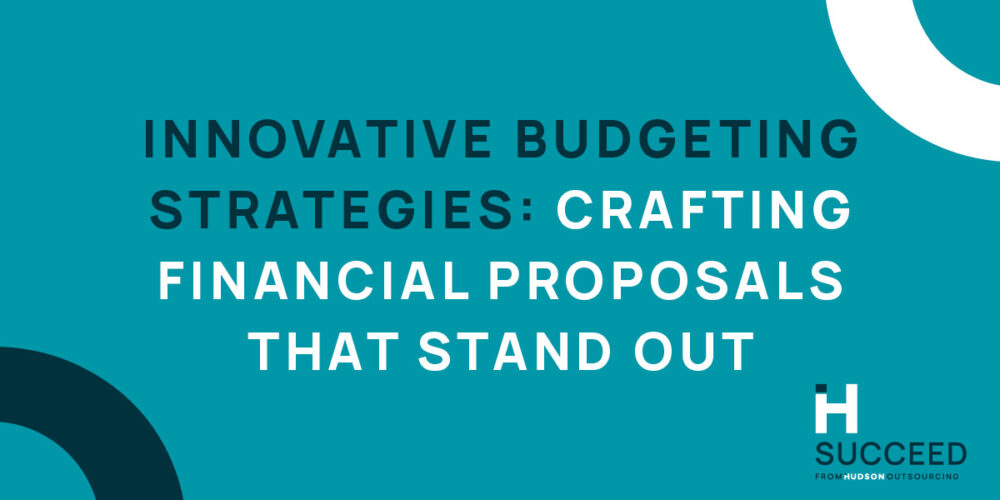Are you a public sector Bid Manager?
Last updated: Dec 17, 2021 @ 10:37 am
Even if you’re not a public sector Bid Manager, or a procurement professional of any kind, if your business tenders for contracts, you need to be aware of these tips for success.
At Hudson Succeed, our Bid Consultants have almost two decades of experience. They have supported clients in both the public and private sector. Collectively, they hold an 87% bid success rate and they are trusted by over 700 businesses globally when it comes to writing bids.
This level of experience has helped them to navigate the different expectations and tendering processes associated with public sector tendering.
Successful public sector bid management requires you to be commercially aware. You should also practice the following skills and incorporate these recommendations into your current processes.
Time management
If you follow our Insight series, you will already be aware that time management is key to any successful bid management strategy.
While it might sound obvious to say “be organised or risk failing” you would be surprised at how many stories we have heard about failed submissions due to poor time management.
The first thing that any public sector bid manager should do is familiarise themselves with their deadlines. Whenever a new bid project is agreed, the very first step should be to plan workloads around deadlines.
When we say deadlines, we aren’t simply referring to the final bid submission. There are multiple deadlines to be aware of along the way. This will typically include:
- Site visits;
- Clarification deadlines;
- Submissions;
- Presentation dates.
At Hudson Succeed, we are avid fans of Gantt charts. This approach allows you to break down each stage of the bid management process and visualise the time scales.
Watch our virtual masterclass to learn more about time management.
Get to know the portal
Once you have your timeline, you should turn your attention to the place where the submission will occur. In the public sector, submissions are often done via an online portal.
While the idea of submitting your bid online might sound straightforward enough, it’s not always as easy as it sounds. We have personally experienced technical difficulties in the past when submitting bids. This is why we recommend getting to know the system in advance.
We would also advise aiming to submit your bid no later than 24 hours before the final deadline. This will make the submission process less stressful if you do run into any technical problems.
Changing priorities
No matter what your role is in your business, most of us battle with changes in priorities daily. The ability to prioritise workloads is crucial to almost any job. Bid management is certainly no exception.
Depending on the size of your organisation, it is likely that you will be managing multiple bids at a time. They will have different deadlines, workloads and require different levels of content production.
What do we mean by “content production” in this context?
Each tender will have different requirements. The buyer will detail them in the specification document(s). Depending on the contract you are bidding for, a typical public sector tender might ask for:
- Company CVs;
- Your organisation’s policies and procedures, in relation to the services you would provide as the contract winner;
- At least three relevant case studies;
- Financial accounts to provide evidence of turnover.
If you read this list and nodded at each point, this is a good sign. If you already have these documents created and branded, you can save a large amount of time when compiling these for the submission.
However, if this is your first time tendering for work, you might not have these documents in a ready-to-go format. Don’t worry if this is the case: there are many support options available to you.
For example, as part of our Tender Ready package, our team will create these documents on your behalf. We will also brand them and ensure they represent your company in the best light. Call or email us to discuss how our Tender Ready service can help you.
When new bid projects come in, you will have to prioritise. Assessing the workloads of the new bids against the requirements of the existing work is an effective way of quickly prioritising and managing the new time scales.
Organising and creating a “bid bank”
Every tender is different, and each bid will require individual attention to ensure that you’re responding to the specification.
That being said, there will be some crossover between questions, responses and the documentation required (as mentioned above). Think about working more efficiently.
In our experience, an effective way of boosting efficiency in your team is to create a “bid bank”. This can be in the form of digital folders, containing the most commonly requested corporate literature.
Expert tip: When reusing content, the key is to check, check and double-check before pressing ‘submit’. You don’t want to risk submitting a bid that refers to a different buyer or a different contract. Although you will save time by reusing previous content, as a public sector Bid Manager, it is worth investing time in a thorough quality checking process.
Keeping up with clarifications
If you have any experience with public sector tendering, you will be familiar with clarification questions.
In a nutshell, clarification questions offer potential suppliers the chance to ask questions to a buyer about the specification. You should read and digest the full specification before asking a clarification question. The answer you are looking for could very well be on page 127, for example.
Ideally, there won’t be many clarification questions asked by potential suppliers. If the specification is clear and easy to follow, there shouldn’t be too much confusion.
However, there have been occasions where we have seen 100+ clarification questions. In this case, it is vital for public sector Bid Managers to read all the questions and digest all the answers. Some of them might be repetitive or seem obvious but missing answers could result in mistakes and lost marks.
Watch our virtual masterclass to learn more about clarification questions.
Tracking opportunities effectively
When sourcing new business opportunities, there are thousands of sites to track. Regular tracking allows you to find new opportunities as soon as they are released. However, with so many sources and buyers to track, it can be difficult to maintain a consistent process.
You can increase both the efficiency and the quality of your tracking by creating a simple checklist, for example:
- What type of contract do you want to deliver?
- How much demonstratable experience do you have in delivering these services?
- Which budgets can you work within?
- What is your realistic location radius for contract delivery?
- Who is your ideal buyer?
Once you have answered these questions, you can begin to track for opportunities, using these criteria.
To help you wade through numerous contract opportunities, we developed our Hudson Discover portals. Our 11 sector-specific tendering portals were designed to help you efficiently find the contracts you want to deliver.
The portals can easily be filtered by service, location, budget and sector to help you find the opportunities that tick your checklist. We also send our clients an email alert when relevant tenders are uploaded. This means you don’t have to check thousands of sites daily; you can simply find all the information in one email.
Book a free live demo of the portal that is best for your business. The demo will allow you to access the system, see the live opportunities and understand how the portal can help your business.
Trust in your team
Lastly, a frequently overlooked point is to trust in your team (if you have one). Your team were hired for a reason, so let them support you. As a Bid Manager, it can be easy to fall into “do it yourself” mentality. If you find yourself thinking that the bid will be better if you’re responsible for all the elements, this is probably the time to re-evaluate your team and your processes.
During the time management stage, it is crucial to delegate and split the work between your colleagues. This is especially the case when working on larger projects.
Working as a team will not only alleviate the pressure from yourself as a Bid Manager, but also increase efficiency. When you increase efficiency, you can invest more time in proofreading and quality checking. This will ensure that you submit the best bid possible.
Further support
For more information about managing your bids effectively, please get in touch with our bid writers. Call or email us for a free consultation to discuss how we can support your bid management strategy.
Find more helpful tips and advice in our blogs. We cover topics including:





